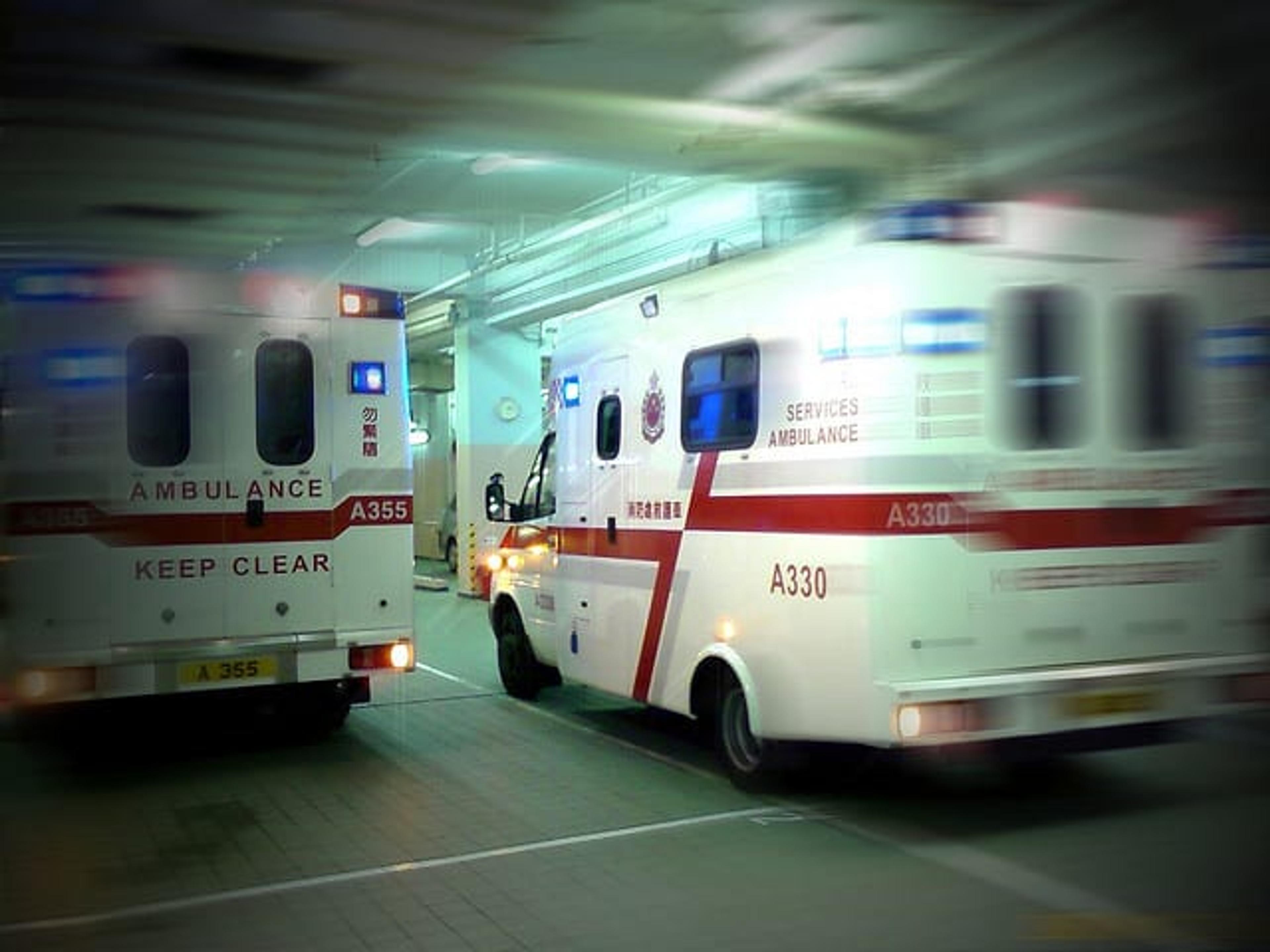Watch out for these hidden holiday health dangers
| 3 min read

The rich meals and overladen buffets that fill the holiday season aren’t just dangerous to your waistline. The scary truth is that all of those indulgent dishes and hectic, family-filled gatherings can also up the risk of you or someone you love choking or suffering from a heart attack. Take a moment to learn about these potential holiday hazards so you’re prepared, no matter what happens.
Choking
According to the New York Department of Health, at least one child dies from choking on food every five days in the U.S. while more than 10,000 children are taken to a hospital emergency room each year for injuries related to choking on food.
According to the New York Department of Health, at least one child dies from choking on food every five days in the U.S. while more than 10,000 children are taken to a hospital emergency room each year for injuries related to choking on food.
The most important thing to do is to keep an eye on little ones during holiday gatherings, especially when they’re near the buffet table or playing with new toys that may have small parts. Also, cut their food into small pieces and don’t let them talk or run around while eating.
Some of the most common holiday choking culprits are:
- Candy (especially hard or sticky)
- Nuts
- Raw fruits and vegetables
- Grapes
- Peanut butter
- Cheese cubes
- Coin-shaped foods (they are often the size of a child’s windpipe and can get stuck)
- Holiday decorations (like balloons, tinsel and pine cones)
- Small toys (and little parts of larger toys)
If you think someone is choking (they have their hands clutched to their throat, can’t talk or cough or have difficulty breathing), the Red Cross recommends a “five-and-five” approach. First, give five back blows between the person’s shoulder blades with the heel of your hand. Next, execute five abdominal thrusts (also known as the Heimlich maneuver). Continue alternating between five blows and five thrusts until the blockage is dislodged. Read more about how to perform the Heimlich here.
Heart attacks
Heart-related deaths peak in December and January, with spikes on Christmas and New Year’s Day. This is due to factors like holiday stress, higher alcohol and food consumption and people disregarding warning signs because of the hustle and bustle of the season. Though some heart attacks are sudden and intense, most start slowly, with mild pain or discomfort. As a result, people are unsure of what’s wrong and wait too long to receive help.
Heart-related deaths peak in December and January, with spikes on Christmas and New Year’s Day. This is due to factors like holiday stress, higher alcohol and food consumption and people disregarding warning signs because of the hustle and bustle of the season. Though some heart attacks are sudden and intense, most start slowly, with mild pain or discomfort. As a result, people are unsure of what’s wrong and wait too long to receive help.
Symptoms may include one or more of the following:
- Chest pain or discomfort (especially pain that goes away and comes back, is felt in the center of the chest and lasts a few minutes at a time)
- Pain or discomfort in one or both arms, the back, neck, jaw or stomach
- Shortness of breath
- Breaking out in a cold sweat
- Feeling nauseous or lightheaded
If you’re unsure what your symptoms mean, call 911 immediately.911 is the fastest way to receive treatment and, with heart attacks, time is of the essence. Also, if you decide to bring yourself to the hospital, get someone else to drive so you arrive there safely.
Photo credit: chriswong4238





